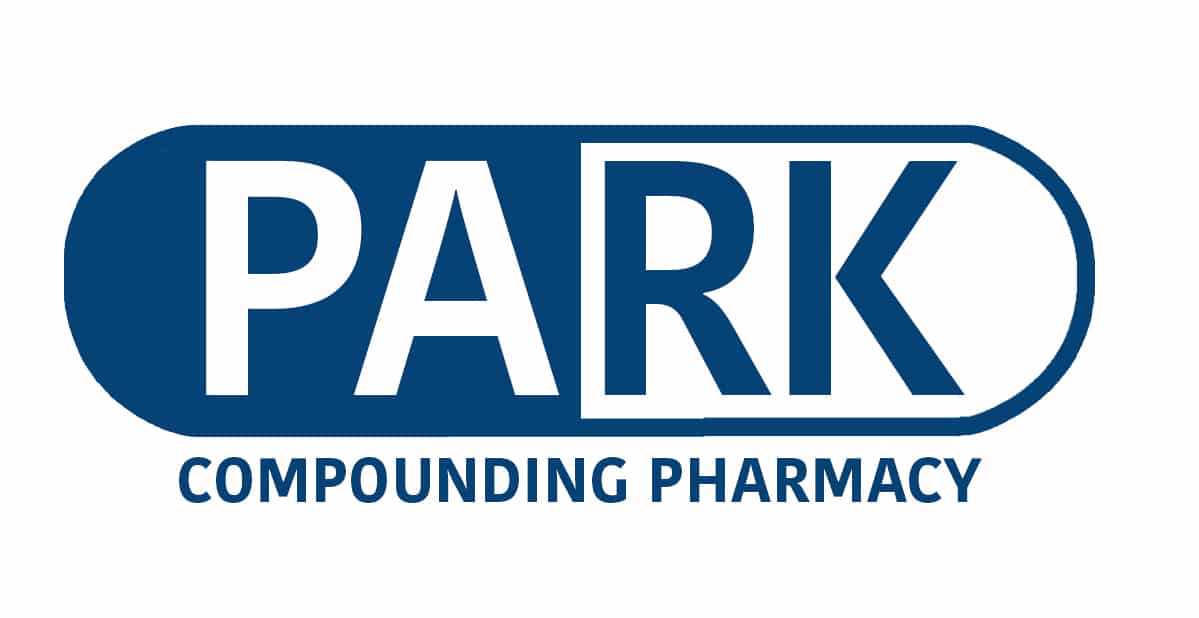Hypothyroidism is the under-production of thyroid hormones resulting in important body processes no longer functioning properly. Hormones produced by the thyroid glands including T3 hormone have a critical impact on many processes of the body through managing metabolic rate. (For more in-depth information about hypothyroidism go to our Education Center.) Since there is no cure for hypothyroidism, it usually requires lifelong hormone replacement therapy with daily supplementation.
The hormone therapy that is most often used for hypothyroidism is a synthetic form of thyroxine (T4) called levothyroxine. T4 is an inactive form of the thyroid hormone that is converted to triiodothyronine (T3) throughout the body. In many cases T4 treatment alone is effective and will reduce symptoms. Some patients however will not respond well to the T4-only treatment and may be helped by the addition of the synthetic version of the T3 hormone called liothyronine.
What is T3 Hormone Therapy?
In order for T4 to be useful to cells it must first be converted into T3 hormones by the body. A majority of T3 (about 80 percent) is converted from T4 throughout the body and is not produced directly by the thyroid gland. T3 has a critical part in the delivery of oxygen and energy throughout the body and affects many of the body’s processes.
Thyroid hormone therapy aims to reduce low T3 levels. Most often T3 hormone levels are increased by taking T4 replacement only, which is converted to usable T3 in the body. One reason only T4 is used is that the synthetic form of the T3 hormone, liothyronine, has a short half-life and must be taken frequently. T4 has a much longer half-life and only needs to be taken once daily. A compounding pharmacy is able to overcome this problem with customized, sustained-released medications.
Benefits of T3 Hormone Therapy
There are many reasons that treatment with T3 in combination with T4 or on its own can be beneficial.
- Studies have shown that some patients who take T4-only therapy still report symptoms like fatigue and weight gain. These patients are not satisfied with the results of their treatment. The addition of T3 can improve symptoms for patients who do not respond to T4.
- Some conditions can affect the body’s ability to convert T4 into T3, which means that even if T4 levels are increased there will still be a lack of usable thyroid hormones. In these cases T3 can be combined with T4 to effectively treat hypothyroidism.
- Thyroid hormone therapy has been shown to improve mental functioning and treat affective disorders. Therapy with T3/T4 as an adjunctive treatment can improve psychiatric conditions through its effects on the serotonin system.
- The use of T3 hormone only may improve bipolar disorder that is resistant to other treatments and improve response rates for patients taking antidepressants. One possible reason for this is that hypothyroidism may impair the response of the body to antidepressants.
T3 Hormone Therapy and Compounding
The only commercially available version of T3 hormone medication comes in a form that metabolizes quickly. This can lead to too much T3 in the blood in a short period of time. A sustained-release medication produced by a compounding pharmacy will release the hormones over a period of about 12 hours. This reduces side effects and improves outcomes.
The ability of a pharmacy to customize dosages can be a great benefit in managing hypothyroidism. The use of a combination T4 and T3 hormone replacement therapy requires careful monitoring of dosages and side effects. In most cases visits to a healthcare provider are needed every 3 months for about a year while the dosage is adjusted. Follow-up appointments are recommended after that every 6 months. Compliance with taking the prescribed medications is crucial as well as regular consultation with a healthcare provider.
Getting the right T3 hormone dosage may not always be successful simply by targeting a particular blood level. Testing for thyroid hormone levels can be complex. The right level can vary depending on the severity of the condition. While a TSH test may come back showing that levels are “normal” a patient may still be experiencing symptoms of hypothyroidism that could be helped with hormone therapy.







